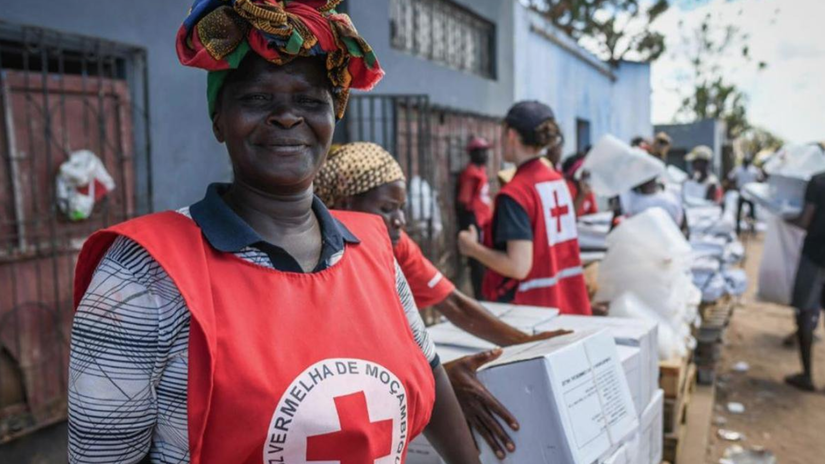By: Dr Michael Charles
Today South Africa marks Women’s Day. Much like the women being commemorated for the march to the Union Buildings on 9 August 1956, women in southern Africa today may well hold the same flint that lights a “new movement” – climate change.
Southern Africa is one of the regions projected to experience the most serious consequences of global warming and the El Niño effect. In 2019, we experienced one of the worst disasters the region has ever seen - Cyclone Idai ravaged communities in Mozambique, Malawi, and Zimbabwe and continue to rebuild their lives.
Urgent action is needed to increase the region’s preparedness for natural disasters. It is only a matter of time until the next disaster strikes. Being female often automatically means that personal susceptibility to sexual and domestic violence, rape and assault in emergency situations is significantly heightened. Women experience additional difficulties because they are typically responsible for sourcing water and preparing food; caring for children, the injured, sick and elderly; and maintaining family and community cohesion.
Tackling climate change is, undoubtedly, women’s business. They have a vested interest in avoiding and mitigating the impacts of climate change. It is time that humanitarian actors and policy and decision-makers mainstream gender in policy and practice. It is not a “nice to do”; it is crucial to making real and sustainable differences in the lives of affected people.
In 1956, 200,000 South African women declared that enough was enough and acted to defend themselves and the unity and integrity of their families from restrictive laws that required them to carry a pass to reside and move freely in urban areas.
Wathint'Abafazi Wathint'imbokodo! Now you have touched the women, you have struck a rock! was the rallying cry of that day, used to signify the women’s unshakeable and unbreakable resolve in the face of adversity as they marched to the Union Building in Pretoria, and sparked change in the course of South Africa’s history.
As countries in southern Africa ramp up their disaster risk management and humanitarian organisations work to strengthen community recovery and resilience, women in southern Africa should not just be considered victims and survivors who need special protection and assistance. They are forces for change who can be relied on to represent themselves within their communities and at the highest decision-making levels.
I am always inspired by the women I meet responding in disasters, most recently in Cyclone Idai. Women like, Sonia, a volunteer who was working long hours to support women in a shelter, displaced by Cyclone Idai or Flora, who was affected herself by flooding but was dedicated to helping her neighbours rebuild their homes and their lives.
Happy Women’s Day, South Africa. May the flame that was lit in 1956 and the fire of women’s empowerment and participation that was built over the decades rage on.
Article
Investing in women means ‘access to resources to overcome challenges’
Investing in women means ‘access to resources to overcome challenges’
| Article

